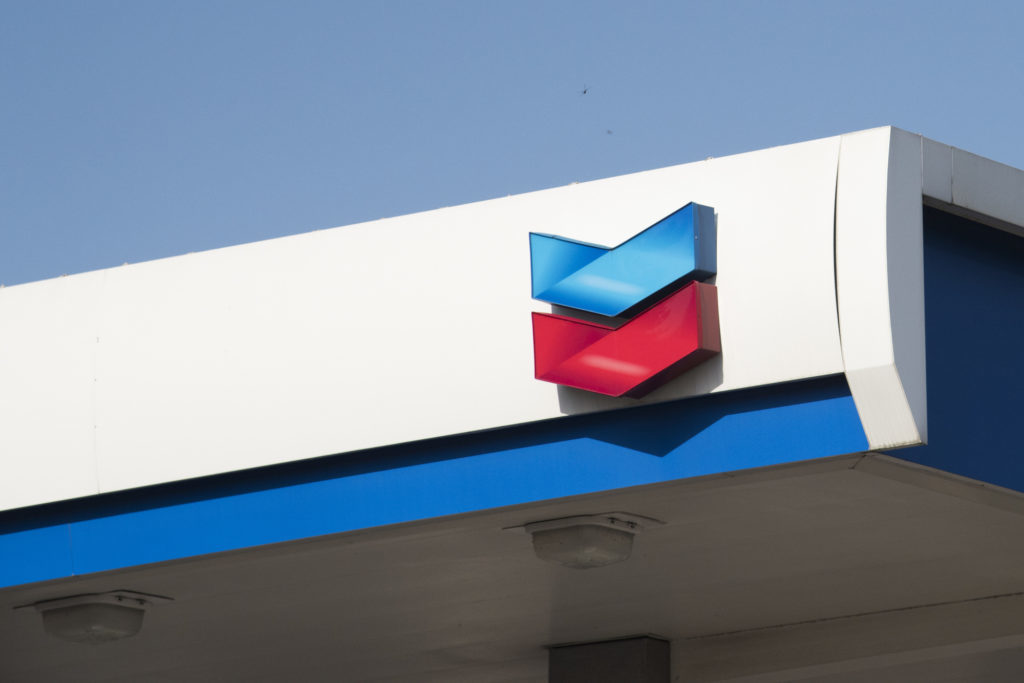
Chevron is seeking contractors for a major retirement campaign across the Gulf of Thailand as the Southeast Asian nation braces for a huge wave of decommissioning.
The U.S. supermajor is responsible for decommissioning dozens of platforms at the giant Erawan Block, which it will hand over to Thai national oil company PTT Exploration & Production (Pttep) in April 2022, when its concessionary contract expires.
Chevron has operated the Erawan offshore block, which supplies about 25% of the nation’s gas consumption for nearly 50 years. The Thai government estimates it will cost nearly $2 billion to fully decommission all 191 structures at the field. However, Thailand has decided to transfer 142 usable platforms to Pttep with Chevron committing to removing the remaining 49 platforms at its cost before its contract expires.
Chevron is currently seeking bids for a contract to decommission the 49 platforms and it is also seeking contractors to remove 53 subsea pipelines.
Underscoring the scale of Thailand’s decommissioning challenge, the government estimates that at least 100 out of 400 offshore platforms will need to be decommissioned over the next ten years.
The Erawan field is expected to keep producing until the early 2030s, but it is not yet clear who will be responsible for the decommissioning costs of the remaining usable assets that Chevron will transfer free to Pttep.
In 2016, the government introduced a retroactive law that requires operators to pay the costs of decommissioning assets they installed even though they no longer operate them. Chevron argues that under the terms of its contract it is liable only for infrastructure deemed no longer usable. The dispute, currently under arbitration, underscores the risks for operators in the region, as assets near the end of their useful lives.
Legal and regulatory frameworks governing decommissioning are far from certain in most jurisdictions in Southeast Asia. Moreover, the Thai government’s reinterpretation of the rules will not give confidence to foreign investors and raises concerns about the retroactive use of laws.
Some industry observers liken the government move – which effectively removes decommissioning liabilities for the national oil company – to an asset grab.
“The risk of asset expropriation in Thailand is moderate in a regional context, but has been rising in recent years,” Miha Hribernik, head of Asia Risk Insight, at Verisk Maplecroft, told Energy Voice.
Reflecting this trend, the country’s performance on the geopolitical risk consultancy’s Resource Nationalism Index has deteriorated over the past two years, largely owing to an increase in the risk of indirect expropriation via taxes or regulations. Thailand is a high risk country on the index, bordering on extreme risk as of fourth quarter 2020.
Meanwhile, the dispute over the 2016 law also has implications for Chevron’s Erawan joint venture partner Mitsui, which will be required to help foot the bill. France’s Total, which has a share in the Pttep-led Bongkot Block, due to expire in 2023, could also be liable for decommissioning costs related to usable assets that are transferred to the new Bongkot joint venture, which will include Pttep and Mubadala Petroleum.
More than 200 offshore fields are expected to stop producing in Southeast Asia by 2030 with total decommissioning costs estimated to range from $30 billion to as much as $100 billion, reports the International Energy Agency (IEA).
Indeed, the potential market opportunity in Southeast Asia could be huge with more than 1500 platforms and over 7000 wells projected to need decommissioning by 2030. The biggest opportunities will be in Thailand, Malaysia, Vietnam and Indonesia, all home to large national oil companies together with leading international oil companies. Indonesia’s Pertamina, Malaysia’s Petronas and Vietnam’s PetroVietnam, look set to be left managing much of the abandonment in the region.
Numerous steel facilities and wells will need to be decommissioned or at least made safe in the future. This presents opportunities for both the local and international service sector to engage with the NOCs to help find solutions.